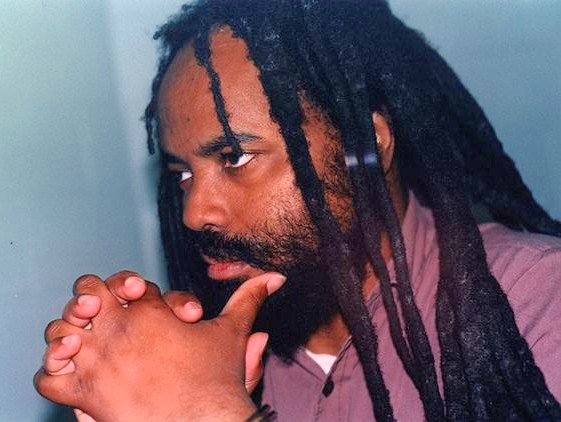

Mumia Abu-Jama
Philadelphia, PA
The Pennsylvania Superior Court on Oct. 26 denied Pennsylvania political prisoner Mumia Abu-Jamal’s appeals, filed in 2019 following a December 2018 decision by Pennsylvania Common Pleas Court Judge Leon Tucker that awarded Abu-Jamal the right to reopen his Post-Conviction Relief Appeals.


Mumia Abu-Jama
His appellate case, first filed in August 2016 and heard in a courtroom April 24, 2017, was based on the 2016 U.S. Supreme Court ruling, Williams v. Pennsylvania. This case found due process was violated when former Pennsylvania Supreme Court Justice Ronald Castille participated in the consideration of Terrance Williams’ appeal in a capital post-conviction case.
Abu-Jamal’s attorneys Judith Ritter and Sam Spital argued that Castille was also the district attorney when Abu-Jamal was convicted, and he was a state Supreme Court judge when Mumia initially filed his PCRA appeals.
As Philadelphia District Attorney, Castille approved decisions to seek the death penalty. The SCOTUS ruling established that a petitioner is entitled to relief when a reasonable observer could conclude that a judge harbored disqualifying bias against the petitioner.
Tucker’s decision was based on finding a letter to then-Governor Robert Casey from Castille that showed improper judicial bias. Castille wrote: “I urge you to send a clear and dramatic message to all police killers that the death penalty in Pennsylvania actually means something.”
At the time, Abu-Jamal was one of a handful of incarcerated people facing the death penalty on a conviction involving the murder of a police officer.
Tucker’s was a split decision. He did conclude that the U.S. Supreme Court 2016 decision in Williams v. Pennsylvania did not fully apply. While Tucker’s court was in session, no other proof was found in hundreds of file boxes provided by the Commonwealth to show that Castille, as Philadelphia district attorney, had played a significant personal role in Abu-Jamal’s case before later denying his appeals while a judge.
However, within days of Tucker’s decision, Philadelphia District Attorney Larry Krasner announced finding several evidence boxes related to the case, hidden in a remote storage area. These files contained evidence of prosecutorial misconduct, which became the basis of a request by Abu-Jamal’s attorneys for a new evidentiary hearing.
Summarizing the Williams ruling, Tucker wrote: “If a judge served as a prosecutor and then the judge, there is a finding of automatic bias and due process violation.
“The slightest appearance of bias or lack of impartiality undermines the entire judiciary. . . . True justice must be completely just without even a hint of partiality, lack of integrity or impropriety. . . . Petitioner is entitled to an unbiased tribunal, without even the appearance of impropriety.”
The Superior Court’s latest decision was based on the court’s view that Judge Tucker was wrong when he determined that the newly found evidence demonstrated bias on Castille’s part. The court decided this even though Krasner had withdrawn his initial appeal of Tucker’s ruling.
The clearly erroneous and openly biased ruling by the state’s lower court’s judges, elected with the support and funding of the Fraternal Order of Police, calls into question their ability to acknowledge or even recognize bias when it hits them full frontal. Their ruling comes just weeks before elections that will impact the makeup of the court. Several Superior Court justices are running for seats on the state’s Supreme Court.
Today’s decision does not affect “new evidence” claims which will still be litigated. Krasner has indicated he has no objections to this evidence being heard in the Court of Common Pleas.
Once again the court system, permeated with the most rank racist bias, cannot be relied on for justice in this nearly 40-year-old case. We need to renew and strengthen the movement to bring Mumia home.
By D. Musa Springer This statement is from Hood Communist editor and organizer D. Musa…
Portland, Oregon On April 12 — following protests in Seattle and elsewhere in support of…
This statement was recently issued by over 30 groups. On Friday, March 28, Dr. Helyeh…
When Donald Trump announced massive tariffs on foreign imports April 2, Wall Street investors saw…
The century-long struggle to abolish the death penalty in the U.S. has been making significant…
Download the PDF May Day appeal to the working class Revolutionary change is urgent! Gaza…